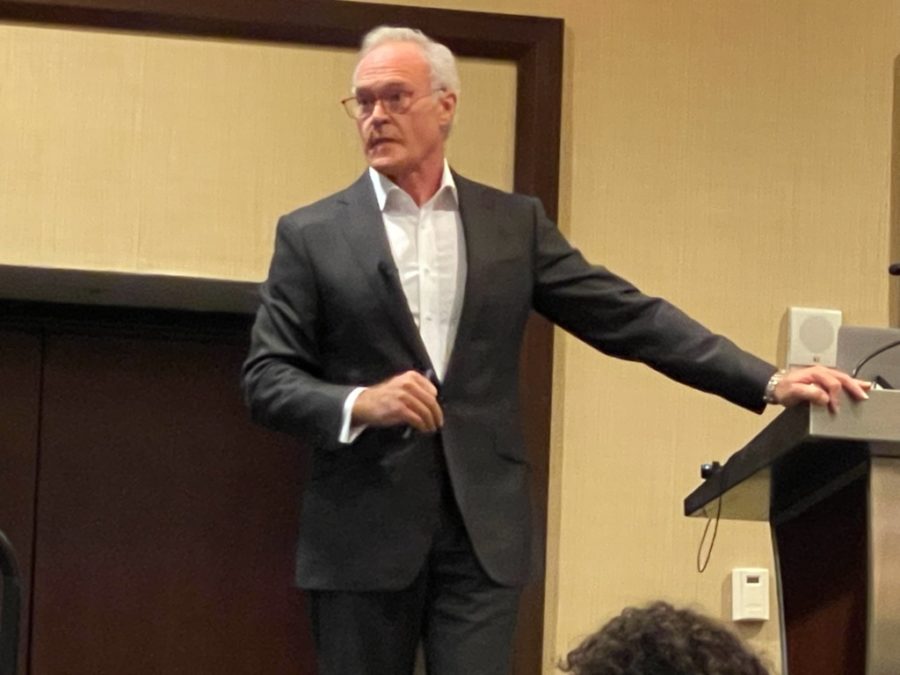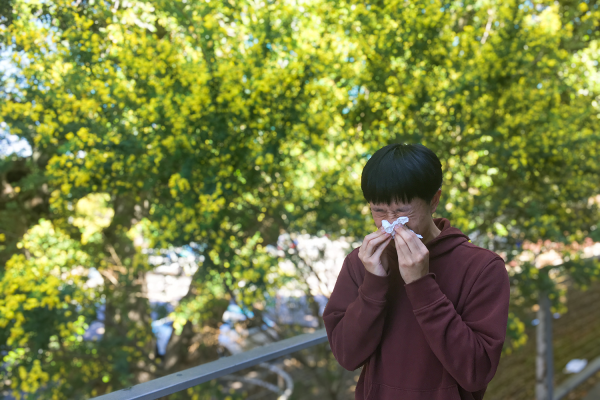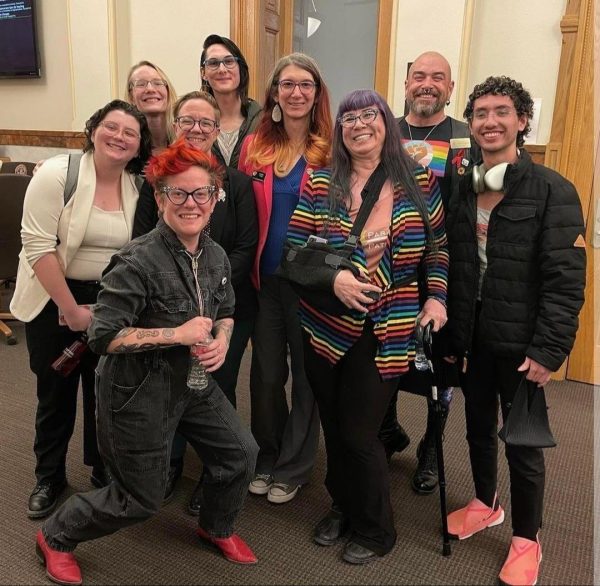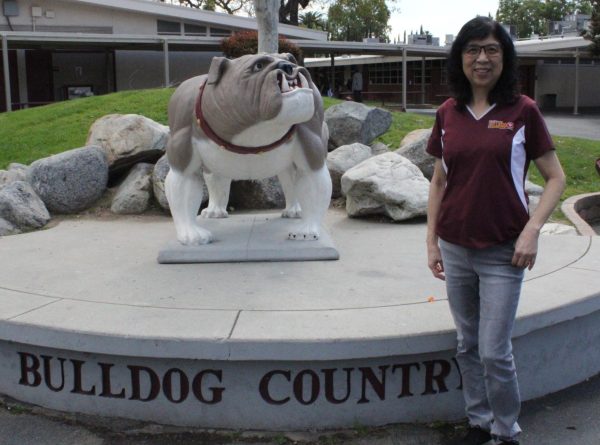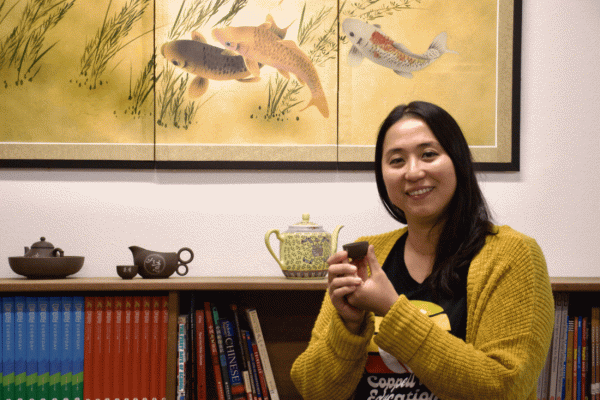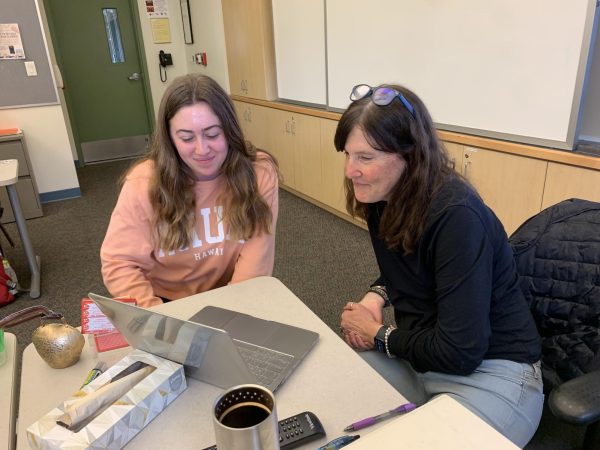‘60 Minutes’ reporter Scott Pelley on giving ‘voices’ to those who are ‘voiceless’
Pelley shares his most memorable interview with high school journalists
Lisa Roskens
Giving his keynote speech Saturday, Oct. 16, Scott Pelley speaks to student journalists and their advisers from schools across Texas. Pelley attended the Texas Association of Journalism Educators Annual Convention in San Antonio, Texas, from Oct. 16-18. Pelley is a “60 Minutes” correspondant, and is currently in his 17th season with the show.
October 20, 2021
Surgeons saving lives in hospitals bombed by the Syrian government.
Terrorist attacks launching in Paris.
Homeless children in America living in a car due to the Great Recession.
“60 Minutes” correspondent, journalist and reporter Scott Pelley covered them all. But, he said one particular interview has stayed with him like “it happened yesterday.” That conversation occurred with parents of children who were shot and killed in the mass shooting of Sandy Hook Elementary School in Newton, Conn., in 2012.
“I did not feel worthy of being in their presence,” Pelley said. “Because of what happened to them, I just felt like I didn’t even belong in the room. They were somehow elevated in my mind.”
Pelley has been reporting stories for “60 Minutes” since 2004, with the 2020-’21 season being his 17th on the broadcast. In this time, Pelley has won a record 37 Emmys for fieldwork, including one for his story over the Sandy Hook shooting. But, in interviews, Pelley said that it is a “journalist’s job” to give a voice to those who “need to tell their story.”
I thought that Mr. Pelley’s speech was very eye opening, just because it showed how much power journalism really has anywhere it is used.
— Joey Kleen, Rock Hill High School sophomore
“When I was young, I was going to change the world,” Pelley said. “And that seemed like too big of a notion, so I thought I would scratch on it, and try to just make a dent in the world instead. That went into my interviewing.”
Reporting worldwide, Pelley said one thing he makes sure to do when conducting an interview is to listen to the person’s story, while also having a conversation.
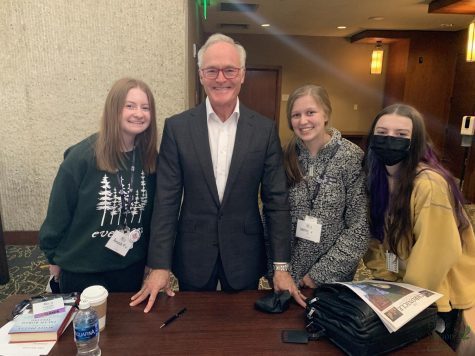
“Too many people make the mistake of not listening,” Pelley said. “You understand that they are there about whatever it is you’re covering. You know, you write all of your questions down before you go to an interview, number them one through 20. And I’ll spend a lot of time thinking about the questions that I’ve written so concisely, and when it comes down to the interview, I ask the first question, and never look at my other questions again, because it becomes a conversation.”
Taking what he’s learned from interviewing, Pelley said he puts his “past experiences” into his work, including when reporting on tragic situations.
“You formulate questions with humility and respect,” Pelley said. “Interviewing this way is an amazing thing that seems counterintuitive, but I’ve always found that people want to talk with these interactions.”
Pelley gave us so much insight on what it’s like to be a reporter, and he also talked about some of his experiences reporting serious world topics. He was also really open about his mental health and how reporting tragedies has affected it, and I really appreciated how he talked about it.
— Amanda Hare, senior
It was these interviews Pelley conducted that formed a belief that he said he tells “so many young journalists” today.
“It’s important to know that most people want to tell their stories,” Pelley said. “You might think a mother doesn’t want to talk about her lost child, but she does. Because asking about the child makes it come alive again. She didn’t want him to be erased from history. And she hated it when people would walk on eggshells around her, not talking and not mentioning his name. Anything like that she wants to talk about, because in that way she can introduce him to new people.”
Pelley said that “engaging” with these types of stories and interviews is part of the reason why he remembers this panel of parents from the Sandy Hook Elementary School shooting like “it was yesterday.”
“It makes people feel better to talk about these things,” Pelley said. “As a journalist, it’s about how can you simultaneously maintain a high level of empathy, while not letting the weight of the tragic situation impact your ability to perform your job.”
This story was originally published on Eagle Nation Online on October 19, 2021.

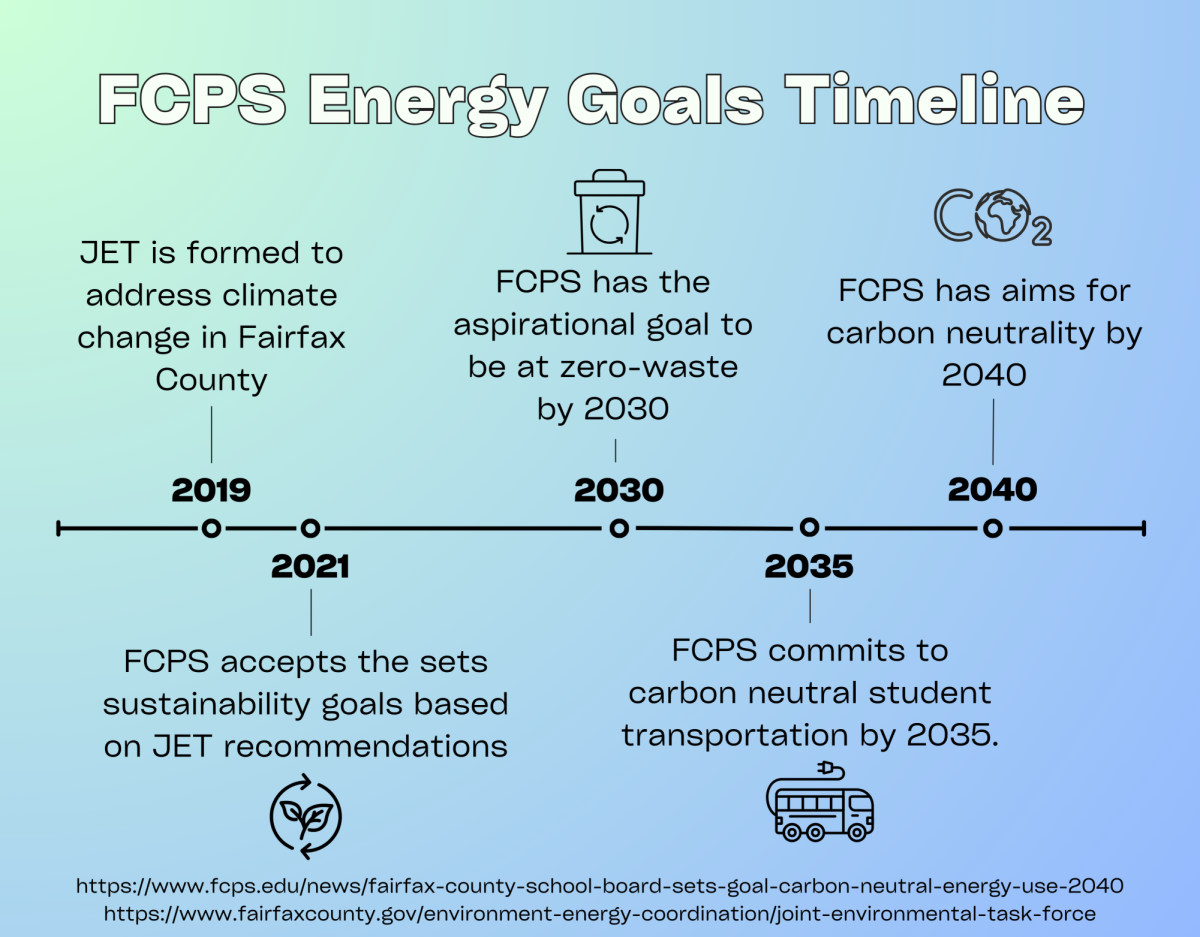






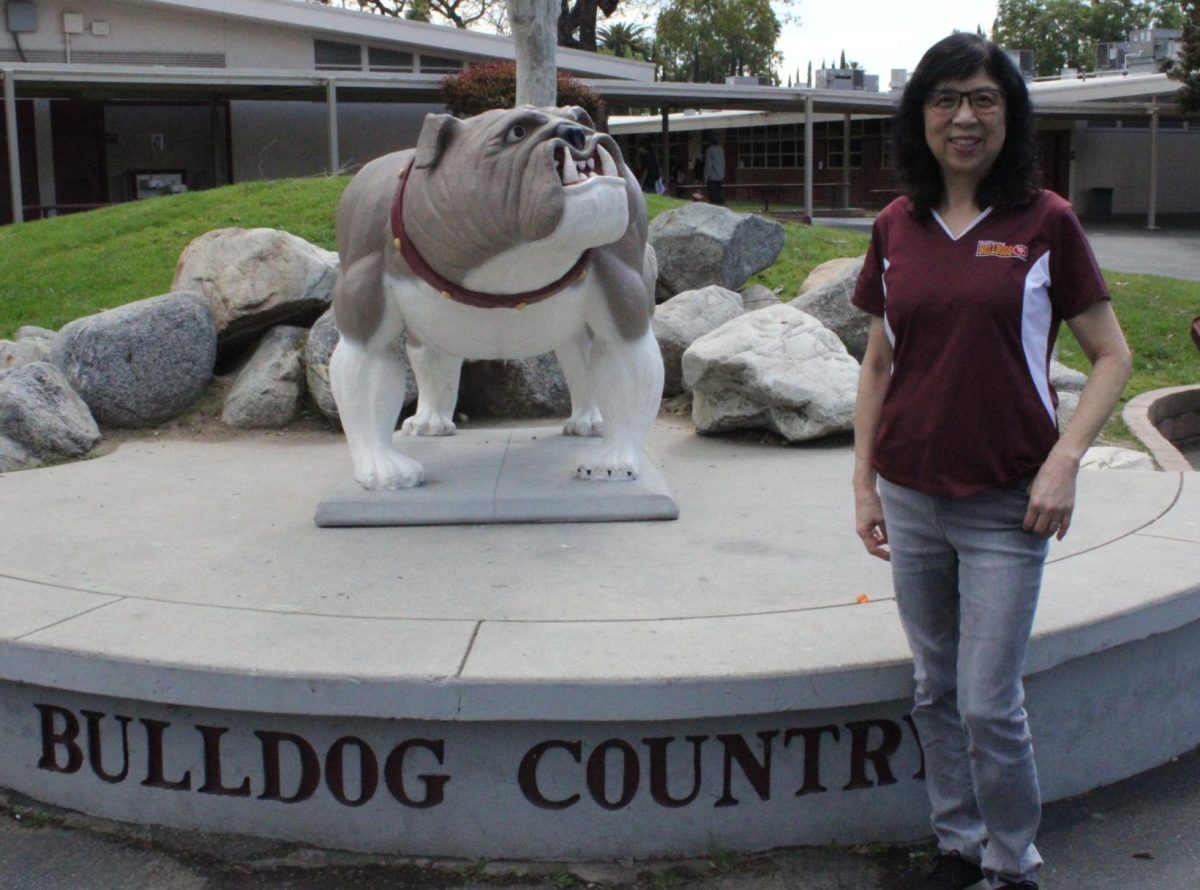


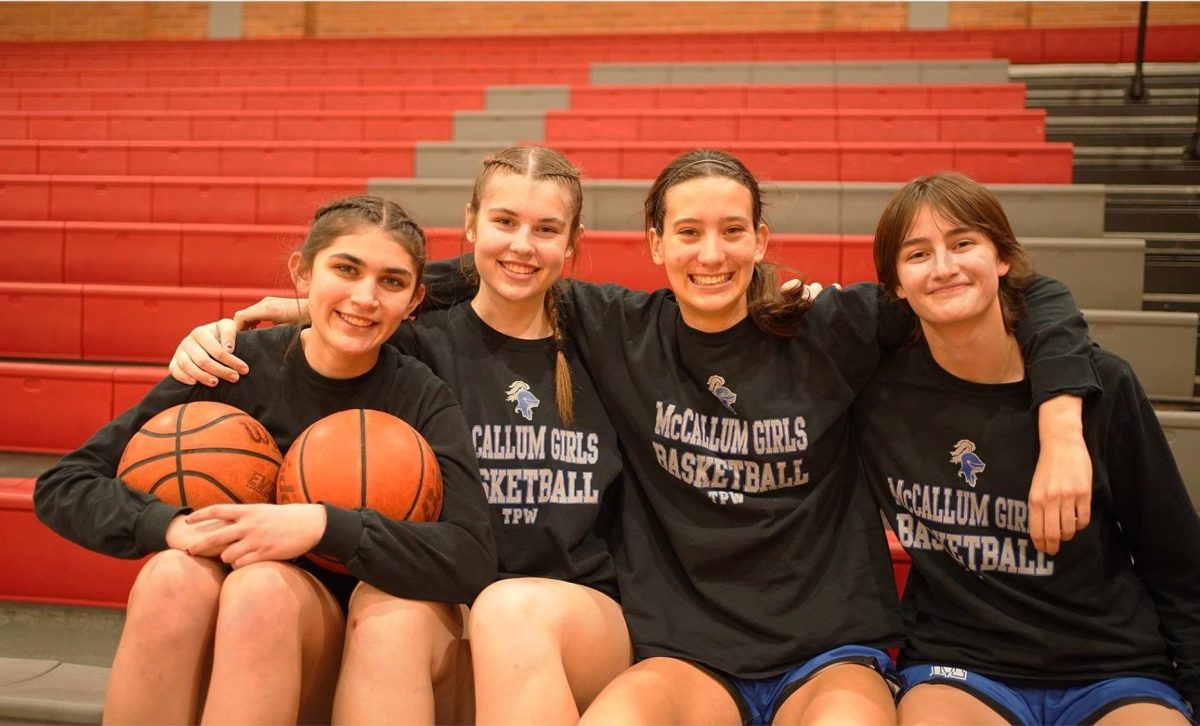
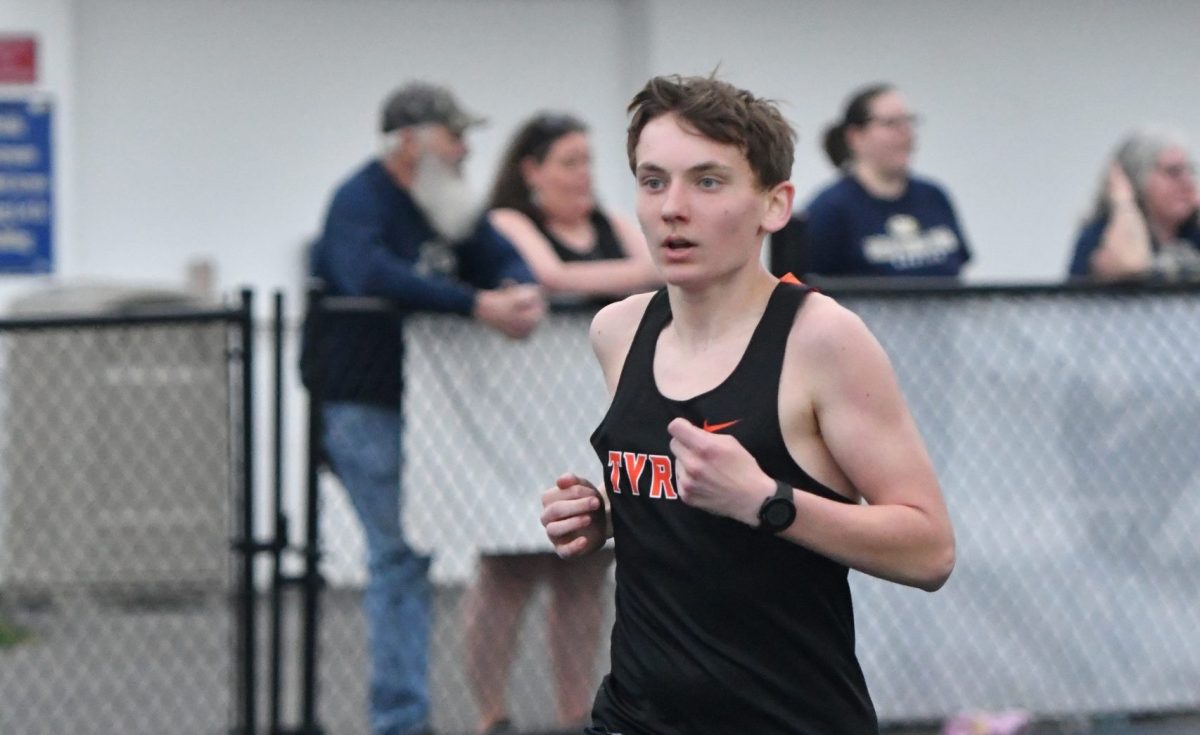

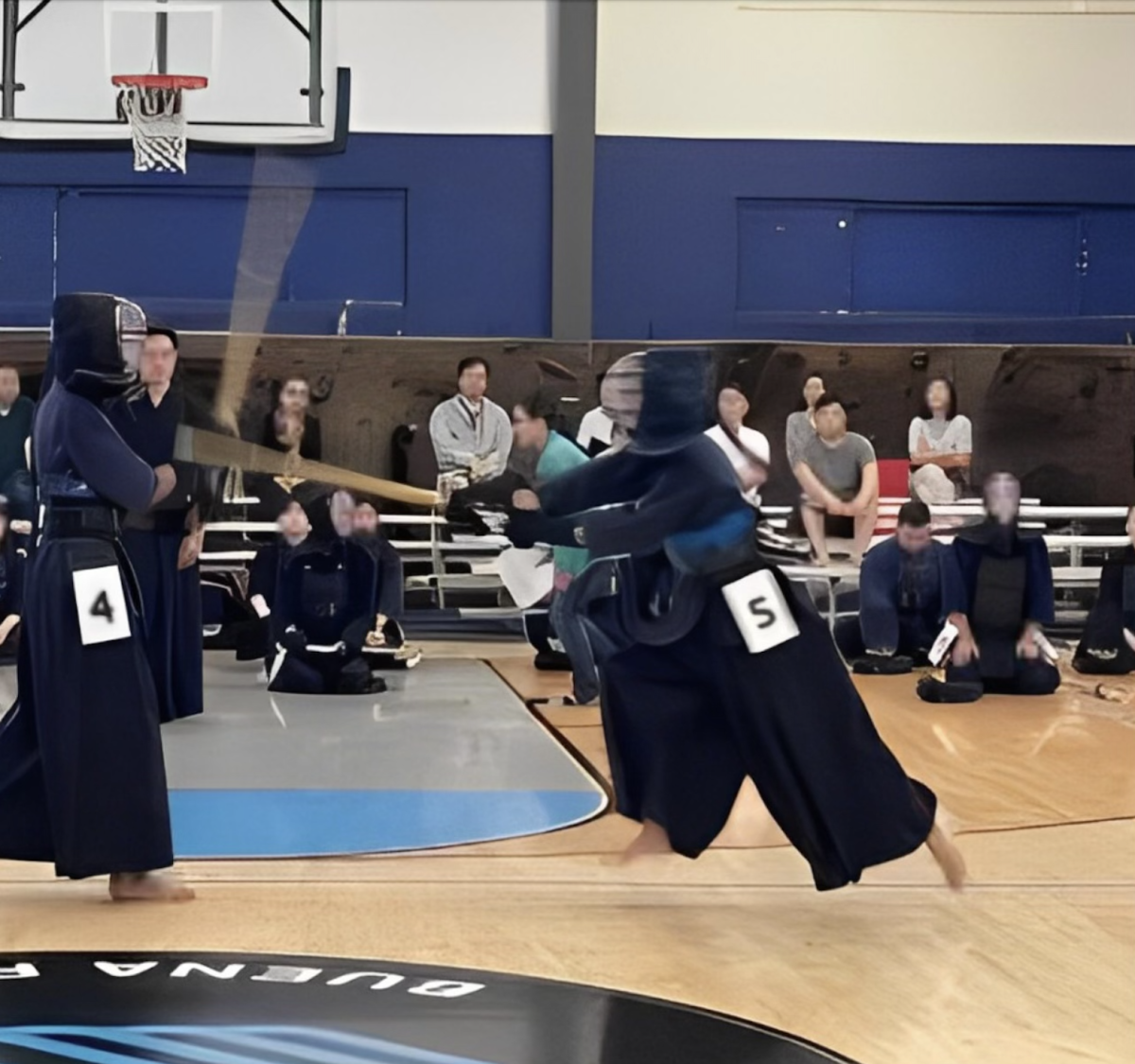
















![IN THE SPOTLIGHT: Junior Zalie Mann performs “I Love to Cry at Weddings,” an ensemble piece from the fall musical Sweet Charity, to prospective students during the Fine Arts Showcase on Wednesday, Nov. 8. The showcase is a compilation of performances and demonstrations from each fine arts strand offered at McCallum. This show is put on so that prospective students can see if they are interested in joining an academy or major.
Sweet Charity originally ran the weekends of Sept. 28 and Oct. 8, but made a comeback for the Fine Arts Showcase.
“[Being at the front in the spotlight] is my favorite part of the whole dance, so I was super happy to be on stage performing and smiling at the audience,” Mann said.
Mann performed in both the musical theatre performance and dance excerpt “Ethereal,” a contemporary piece choreographed by the new dance director Terrance Carson, in the showcase. With also being a dance ambassador, Mann got to talk about what MAC dance is, her experience and answer any questions the aspiring arts majors and their parents may have.
Caption by Maya Tackett.](https://bestofsno.com/wp-content/uploads/2024/02/53321803427_47cd17fe70_o-1-1200x800.jpg)
![SPREADING THE JOY: Sophomore Chim Becker poses with sophomores Cozbi Sims and Lou Davidson while manning a table at the Hispanic Heritage treat day during lunch of Sept 28. Becker is a part of the students of color alliance, who put together the activity to raise money for their club.
“It [the stand] was really fun because McCallum has a lot of latino kids,” Becker said. “And I think it was nice that I could share the stuff that I usually just have at home with people who have never tried it before.”
Becker recognizes the importance of celebrating Hispanic heritage at Mac.
“I think its important to celebrate,” Becker said. “Because our culture is awesome and super cool, and everybody should be able to learn about other cultures of the world.”
Caption by JoJo Barnard.](https://bestofsno.com/wp-content/uploads/2024/01/53221601352_4127a81c41_o-1200x675.jpg)




